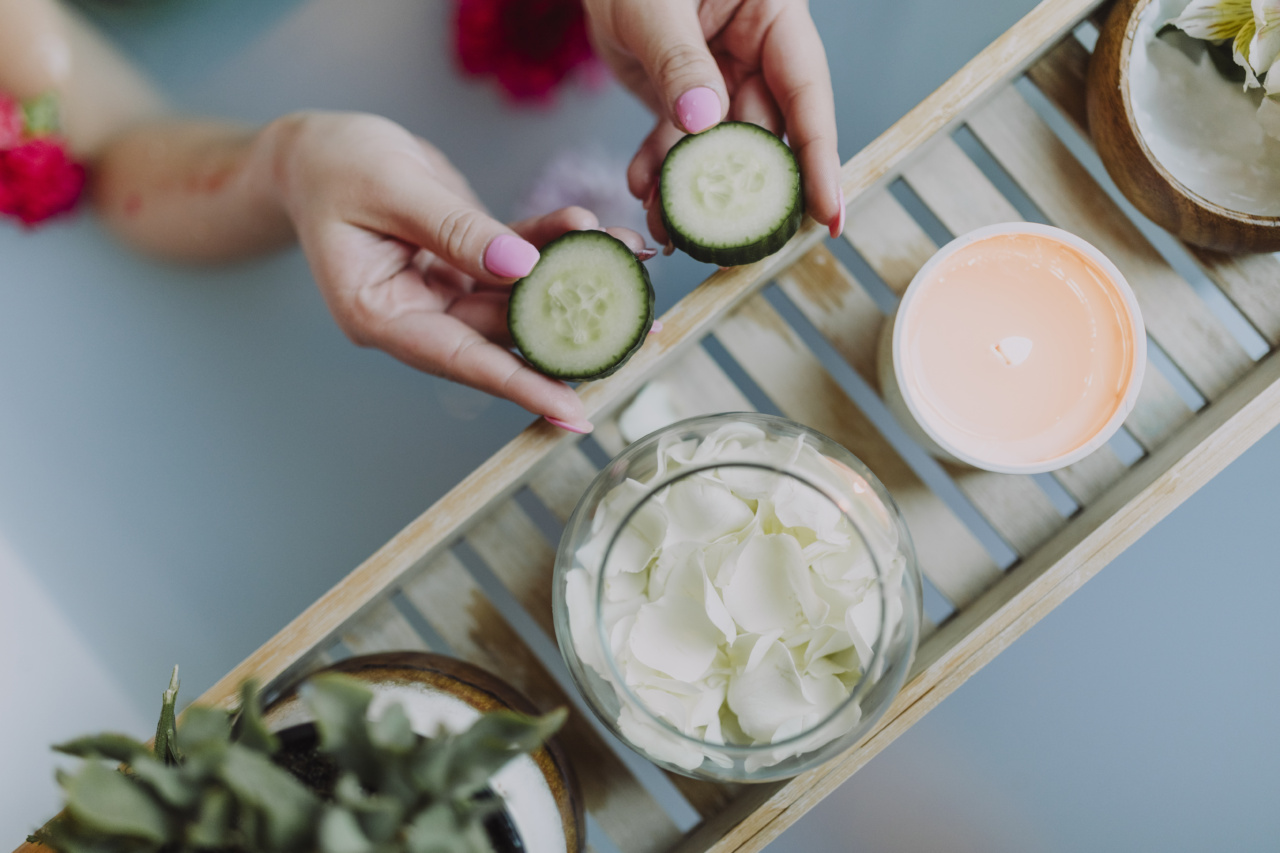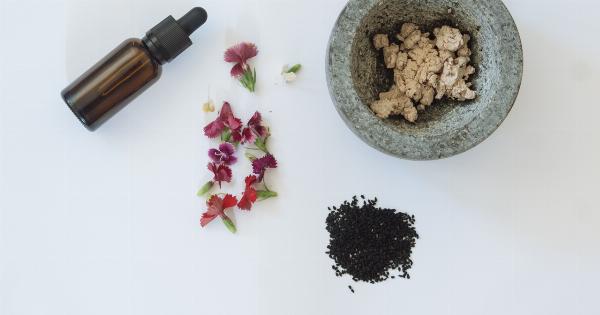Natural makeup has gained significant popularity in recent years as people become more conscious of the ingredients they apply to their skin.
Traditional makeup products are often loaded with chemicals and synthetic compounds that may cause skin irritation, allergic reactions, or even long-term health issues. As a result, the demand for vegetable cosmetics has skyrocketed, with consumers seeking safer and healthier options.
What are Vegetable Cosmetics?
Vegetable cosmetics, also known as natural or organic cosmetics, are beauty products made primarily from plant-based ingredients.
These formulations aim to minimize the use of synthetic chemicals, such as parabens, sulfates, phthalates, and artificial fragrances. Instead, they leverage the power of botanical extracts, essential oils, and other natural components to nourish and enhance the skin.
Benefits of Vegetable Cosmetics
1. Skin-Friendly Composition: One of the major advantages of vegetable cosmetics is their gentle composition. These products are free from harsh chemicals, making them suitable for all skin types, including those with sensitivity or skin conditions.
The natural ingredients in vegetable cosmetics help soothe and hydrate the skin, promoting a healthier complexion.
2. Nourishing Properties: Vegetable cosmetics often contain natural oils, such as jojoba oil, coconut oil, or avocado oil, which are rich in essential fatty acids and vitamins.
These ingredients aid in replenishing and nourishing the skin, leaving it soft, radiant, and youthful.
3. Environmental-Friendly: Conventional cosmetics contribute to pollution and harmful environmental effects due to their production processes and non-biodegradable packaging.
Vegetable cosmetics, on the other hand, strive to minimize the impact on the environment by using eco-friendly packaging and sustainable sourcing practices.
4. Cruelty-Free: Many vegetable cosmetic brands adhere to cruelty-free policies, meaning they do not test their products on animals. This ethical standpoint is important for conscious consumers who prioritize products that align with their values.
5. Reduced Chemical Load: Traditional makeup products often contain numerous synthetic chemicals that can be absorbed into the skin, potentially causing long-term health issues.
Vegetable cosmetics eliminate or minimize the use of such chemicals, reducing the overall chemical load on the body.
Common Natural Ingredients in Vegetable Cosmetics
1. Aloe Vera: Aloe vera is a powerhouse ingredient known for its soothing and hydrating properties. It helps alleviate skin redness, inflammation, and moisturizes the skin without clogging pores.
2. Tea Tree Oil: Tea tree oil is renowned for its antimicrobial and anti-inflammatory properties. It is often used in vegetable cosmetics to combat acne, blemishes, and other skin irritations.
3. Rosehip Oil: Rich in essential fatty acids, rosehip oil improves skin elasticity, fades scars and hyperpigmentation, and reduces the appearance of fine lines and wrinkles.
4. Chamomile Extract: Chamomile extract is gentle on the skin and helps calm irritation and redness. It is commonly used in vegetable cosmetics formulated for sensitive skin.
5. Shea Butter: Known for its intense moisturizing properties, shea butter is a popular ingredient in vegetable cosmetics for dry skin. It nourishes the skin and forms a protective barrier to prevent moisture loss.
Choosing Vegetable Cosmetics
When selecting vegetable cosmetics, it’s essential to consider a few factors:.
1. Read the Labels: Check the ingredients list for any potentially harmful chemicals. Look for certifications or seals from reputable organizations that ensure the product meets organic or natural standards.
2. Skin Type Compatibility: Consider your skin type and specific concerns when choosing vegetable cosmetics. Different ingredients offer unique benefits, so select products tailored to your needs.
3. Patch Test: Before using a new vegetable cosmetic product, perform a patch test on a small area of your skin to check for any adverse reactions.
4. Research Brands: Look for brands that are transparent about their sourcing, manufacturing practices, and environmental initiatives. Read reviews and gather feedback from those who have used the products.
The Future of Vegetable Cosmetics
As more individuals prioritize their well-being and environmental sustainability, the future of vegetable cosmetics looks promising.
Increased awareness of the potential harm associated with synthetic chemicals and animal testing has sparked a shift toward cleaner, greener beauty options. Furthermore, advancements in technology and formulation techniques allow for innovative and effective vegetable cosmetic products.
We can expect to see further developments in organic beauty with more research and discovery of beneficial plant-based ingredients.
The demand for vegetable cosmetics will likely continue to grow as consumers become more educated about the numerous benefits these products offer.
In Conclusion
Choosing natural cosmetics, specifically vegetable cosmetics, is a step toward a healthier and more sustainable beauty routine.
These products provide a safer alternative to traditional makeup by minimizing the use of harmful chemicals and embracing the power of natural ingredients. From nourishing the skin to reducing environmental impact, vegetable cosmetics offer a multitude of benefits while still allowing individuals to look and feel their best.



























